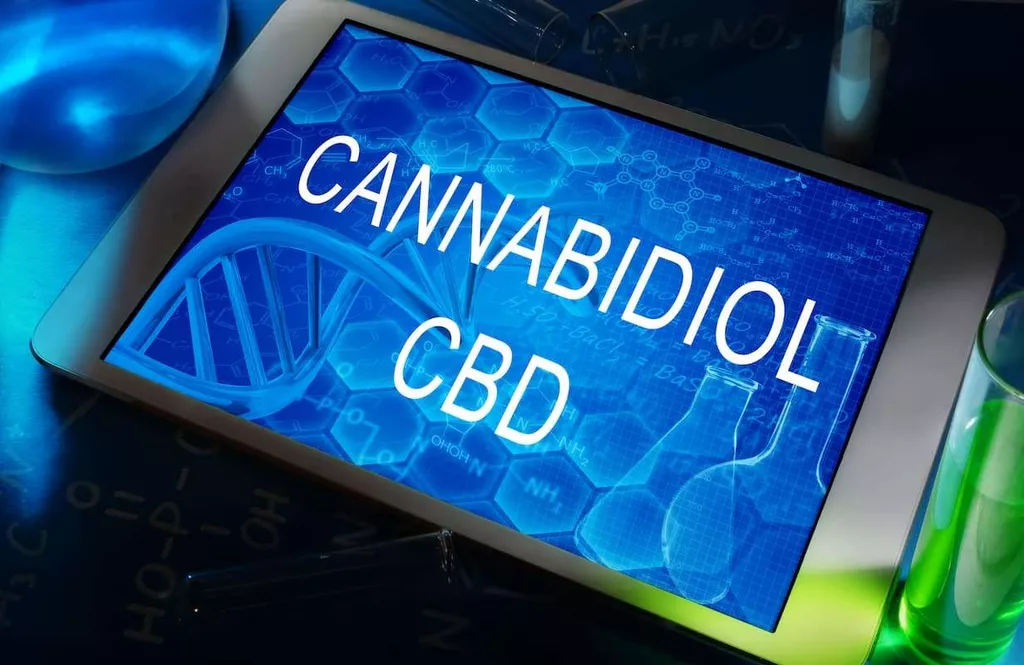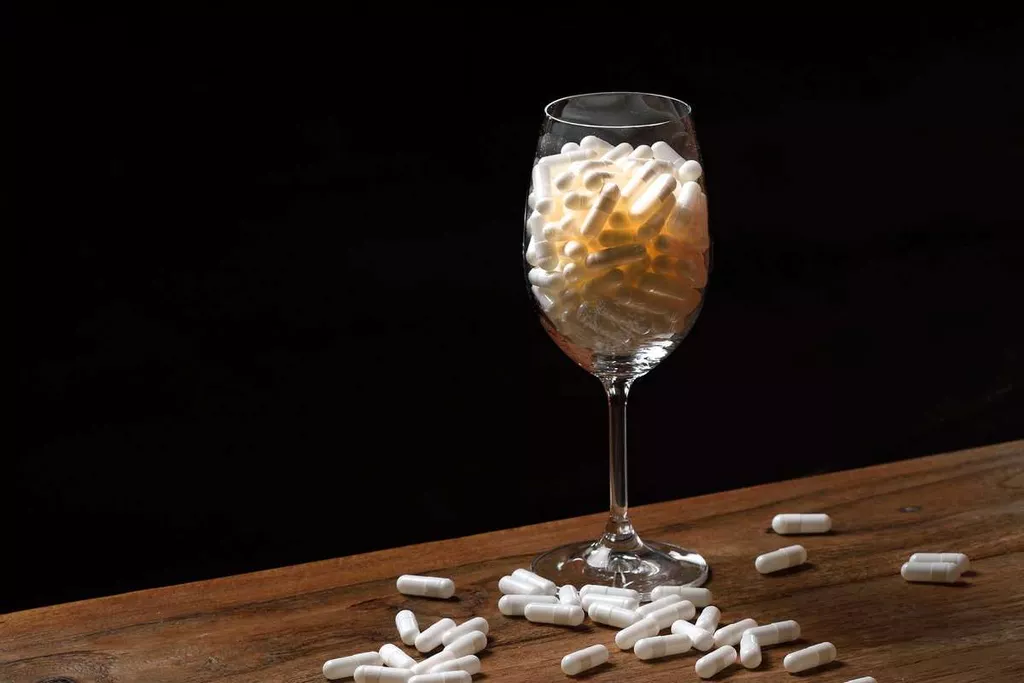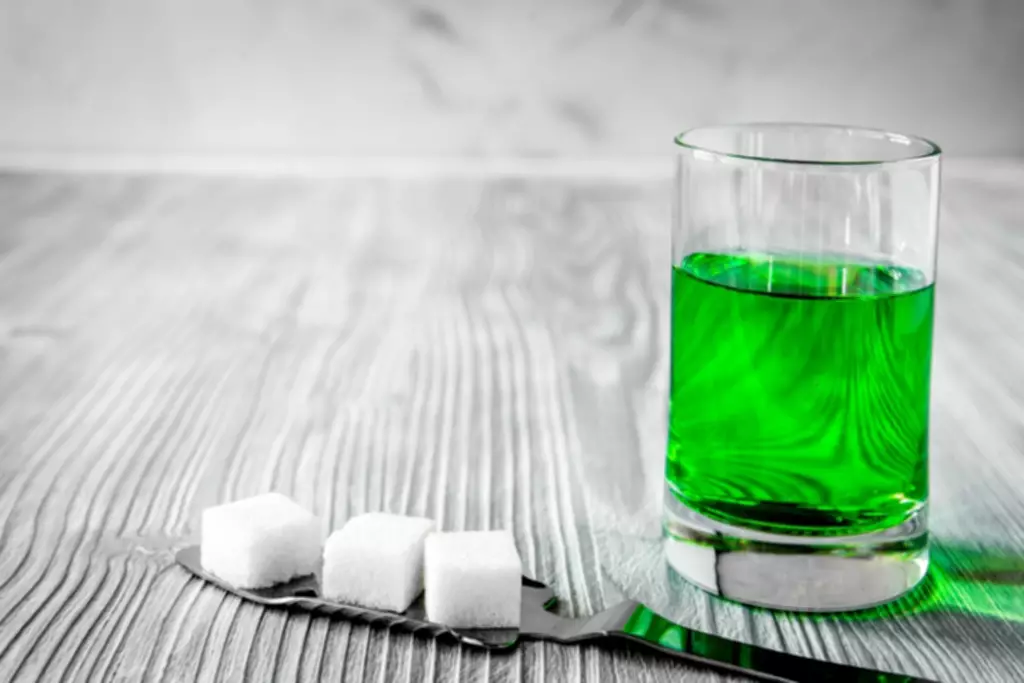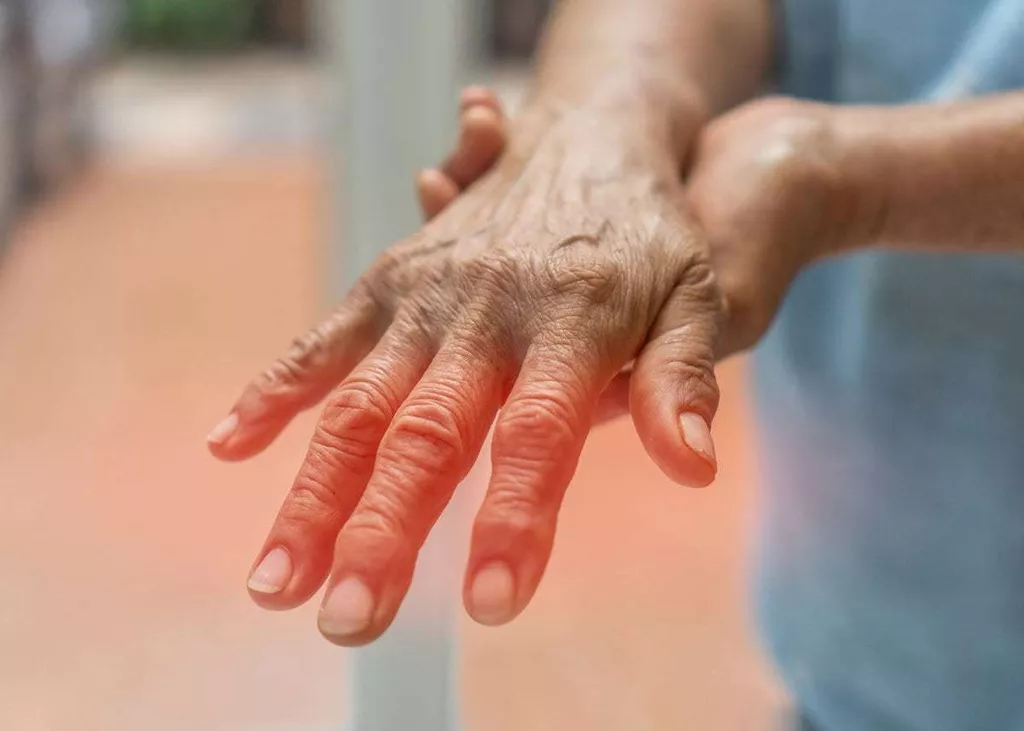
Alcohol changes the way brain cells communicate with each other, and over time, this can lead to cognitive impairments. It is important to note that not everyone who consumes alcohol will experience alcohol-related brain damage, but heavy and chronic alcohol use increases the risk. You begin by feeling euphoric as alcohol enters the bloodstream what does feeling drunk feel like and promotes the release of dopamine in the brain. As tolerance increases, it can be harder and harder to reach. At this stage, you may feel “tipsy” and have a blood alcohol content (BAC) of 0.03% to 0.12%.
Addiction Treatment

On the other hand, spacing out alcohol consumption allows the body to process and eliminate alcohol gradually, resulting in a lower BAC and a milder level of intoxication. Alcohol has a profound impact on the brain, affecting its normal functioning. It acts as a depressant, slowing down the central nervous system.

What Happens As My Tolerance Increases?
When someone drinks for long enough, imbalances of these neurotransmitters can arise within the brain. Short-term risks of excessive drinking include accidents, injuries, alcohol poisoning, and impaired judgment. These risks can have immediate and severe consequences, including legal issues and physical harm. The social environment plays a significant role in the experience of being drunk. Many people enjoy drinking in social settings, where the atmosphere can enhance feelings of happiness and reduce social anxiety.
- When we reference other drugs, we talk about getting a fix, getting high or using.
- If you didn’t drink but were in the vicinity of alcohol spray, you might get drunk.
- You’ll also have the opportunity to connect with our licensed Reframe coaches for more personalized guidance.
- You’ll be surprised at how innovative creators have become to get drunk without drinking.
- It suppresses the go-getter glutamate and gives the chill GABA a boost.
Effects on Skin and Body
Drinking water can help mitigate dehydration, but it doesn’t reduce intoxication. At the extreme end of intoxication, you might experience a blackout, which occurs when alcohol prevents the brain from forming new memories. A person in a blackout may still appear to be functioning—talking, walking, or even interacting with others—but they won’t remember any of it the next day. Drinking is fun when you are out with friends, and its effects are pleasant, but remember that your liver takes time to process alcohol. The more or, the quicker you drink, the more your drinking outpaces your body’s processing abilities and the longer the alcohol will stay in your system.
There’s a Reason Why You Get Touchy-Feely When You’re Drunk

Contact Inner Voyage Recovery Center today to get the help you deserve. Alcohol disrupts the brain’s ability to think clearly and make rational decisions. As a result, you may engage what is alcoholism in behaviors that you wouldn’t normally consider, such as driving drunk, getting into fights, or making risky choices. As your body tries to process and expel excessive amounts of alcohol, nausea and vomiting may occur. This is your body’s way of reacting to the toxic effects of too much alcohol. The FHE Health team is committed to providing accurate information that adheres to the highest standards of writing.
Loss of Coordination
Being drunk means the effects of alcohol are much stronger, and you may have impaired motor skills, judgment, and coordination. If you’re new to drinking and feeling drunk, it’s important to know information surrounding alcohol and its effects. Being educated can not only help you enjoy responsibly but possibly save an individual’s life or save them from a life of addiction. For individuals with Alcoholism, their actual brain is addicted to the drug. Plus the more someone drinks, the more they need to feel the desired effects like euphoria and pleasure, increasing their chances of alcohol poisoning or death. Like drinking, Alcohol Use Disorder is common, and NSDUH estimates that 14.5 million people over the age of 12 have had the disorder.
Key Takeaways: What It Feels Like to Be Drunk

Long-term alcohol use can have detrimental effects on emotions. As alcohol consumption continues, individuals may develop a tolerance to its effects and may require increasing amounts of alcohol to achieve the same emotional state. This can lead to a cycle of dependence on alcohol to regulate emotions.
Dancing becomes less about rhythm and more about pure expression; every movement feels liberating. Drinking doesn’t just affect your body—it has profound impacts on your brain and emotions as well. Blackouts are serious and often signal that you’ve consumed alcohol at dangerous levels. You may engage in reckless behavior or put yourself and others at risk without realizing it. If you or a loved one is struggling with substance abuse issues, mental health issues, or co-occurring disorders, reach out today. Our admissions team is here 24/7 to help you overcome your struggles and find a new way of life.
Emotional and Psychological Effects of Being Drunk
Your heart races, your senses heighten, and you feel alive in ways that are reminiscent of having a few drinks. This natural high is not only thrilling but also gives you a sense of empowerment and liberation. After undergoing several medical tests, it was discovered that he had an overgrowth of yeast in his gut, specifically Candida glabrata. This yeast was responsible for fermenting carbohydrates into alcohol within his body.